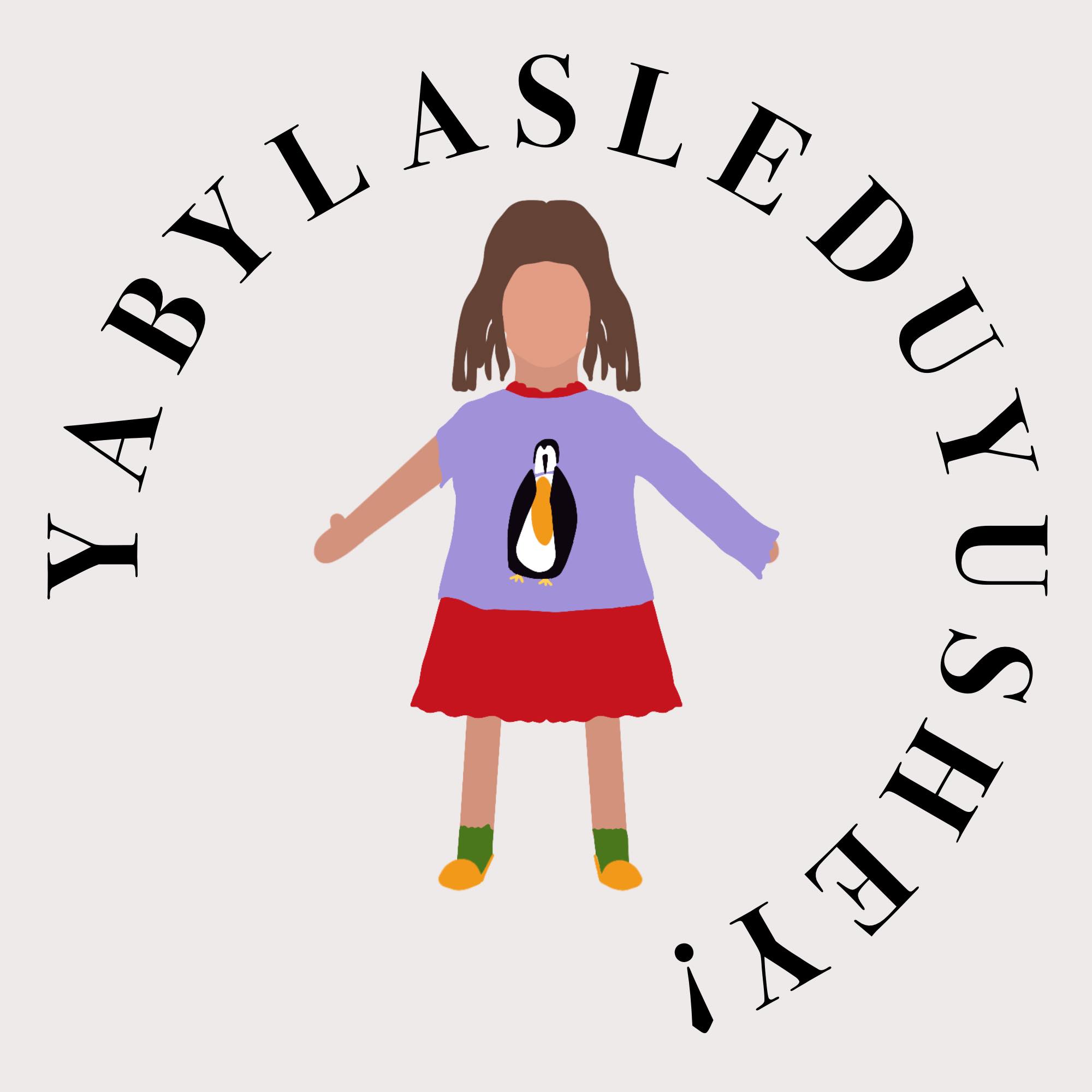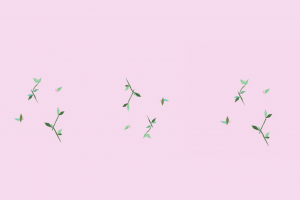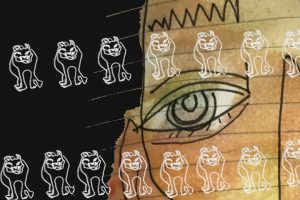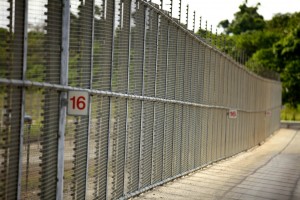
There isn’t a difference between a body and a daughter
by Kate Özel | April 13, 2022
It started with a white morning like a blind eyeball, the blankest of sleeps.
And it started with sickness: Hanna wasn’t there. She was old, she was going deaf, and she wasn’t well enough to face the freezing mornings in the clothes bank, with the women who became desperate as they waited, who threw little pebbles and cried ya byla sleduyushey! — yalancı orospu! — lügnerin! as we went to collect the next in the queue.
The clothes bank was a basement. In the basement, all you could hear was windows, and beyond windows, the sounds of the road outside like a sea. Miniature feet moved above our heads like bells, like bicycles, just out of sight.
When the girl arrived, we were just about to close.
The girl was small, she looked fourteen years old, she was very small. She was tired. She stood before us with a blouse under a Christmas jumper, a bathrobe around her waist.
We didn’t know where she’d come from, we couldn’t work it out. Her skinny fingers, little legs, wiry chicken eyes. Patches of purple on her neck and cheeks. She was old enough perhaps to be turning, finally, into a human, her body almost entirely her own, and she looked like both a tiny God and a child when her eyes flitted between us as we tried German, English, Turkish. She could not let the words into the body: she did not understand.
This is my birthday, I said, drawing out dates on a piece of paper. Do you know yours?
She studied the paper, allowed the silence to fill up the squares. 2 – 0 – 0 – 6, she wrote out slowly. She told us her name over and over, like a mantra. But you’re just a child, said Ulrike, and held her hands up to say what can we do, and that was exactly right, we could do nothing.
The girl was nervous, she didn’t know what she wanted. Coat or shoes? Shoes or trousers? Two knickers or two bras? She sifted through clothes like bits of skin, muttering sounds we couldn’t understand, small angular sounds like pieces of mosaic, small stones, all fluttering together in stitching so tiny we couldn’t catch onto a thread.
She was hesitant to be undone. Facts of her history glimmered in her mind like sunlight; her memories, her faces, her childhood. Moldova, we worked out, she was from Moldova. Small tendernesses were hidden beneath her skin, loved things that we could never touch.
We couldn’t find a coat for her: she was too small. But she didn’t complain. There was a fear inside her that no amount of smiles could dislodge, no amount of clean nails and neat hair and blinking. She knew there was a gap built into her, a fatal ugliness, that she couldn’t disguise. She smiled, she turned, she left. A body. In this mosquito life, she was such a tiny thing.
And like all bad mothers, we let her go.∎
Words by Kate Özel, runner-up of the HT22 500 words competition. Art by Ben Beechener.




